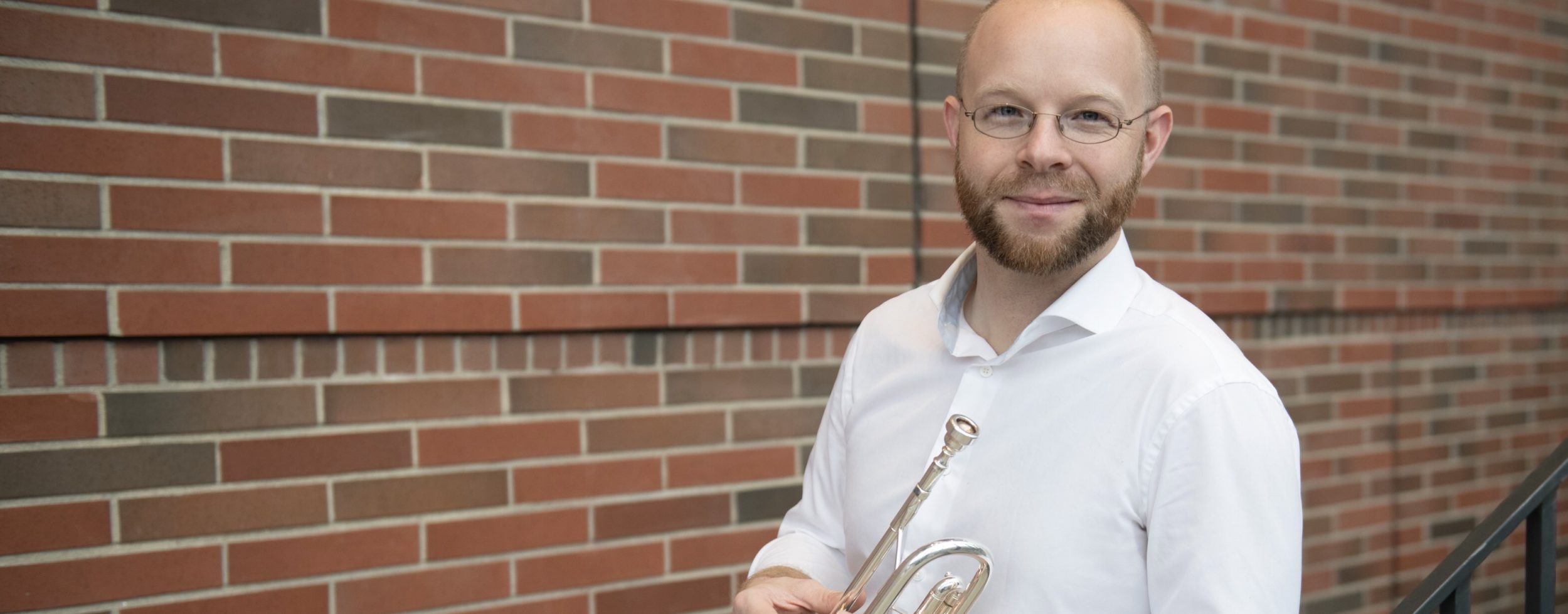One problem I see increasingly prevalent in higher education is a decline in teaching musical literacy. I began to realize this problem back in my time as a graduate student, one day in a cold February, sitting in a wind ensemble dress rehearsal as we hacked through Michael Colgrass’s Winds of Nagual. It’s an amazing piece if you don’t know it, but these waters were choppy. We had been deprived of a rehearsal sequence by a cold snap. Thankfully, it was my second or third time through, so I knew and loved the tune, but others were taking much longer to warm up to the piece and get their parts in order.
We have possibly become addicted to rehearsals. Sure— deciphering …And the Mountains might take more time for a group that hasn’t played it. But anecdotes abound of rooms full of performance majors, at a major conservatory, fumbling through major symphonies, when they are all ostensibly there because they love the work and want to do it for a living. We come back again and again to familiarity problems, problems in technique, problems in musical maturity; problem after problem, pouring a dixi cup of rehearsal water on the forrest fire on the much bigger problem of musical literacy.
The functional problem of this schema as it stands is, simply put, experience. There’s no time for this. At this crawling pace, there is simply no way one can get enough experience playing the repertoire he needs to know to be competitive the day after graduation. Seemingly infinite rehearsal time is only an illusion because it flies by. Schools will spend three or four weeks on a cycle, which provides for three or four cycles per semester. For a student that spends eight semesters in an ensemble, that provides for, at most, a scoop of various parts on relevant works, not accounting for a rotation of players, scheduling conflicts, and quality control.
Don’t take my word for it. Ask some students to look through a couple of national audition lists and watch them sweat like I did when I graduated after three performance degrees in music. Like me, most will have played only a major work or two that they someday hope to be paid to play, and many wouldn’t even know which piece was which if it was played for them. This is why I preach that any serious music student should, at all costs, attend summer music festivals, which constitute a much more intensive learning experience. A student can learn as much repertoire in a summer as others might learn through a whole degree. But this too is problematic, because they are often extremely expensive. This leads to oodles of equity and equality issues rooted in socio-economic access (the tip of the iceberg however, in my experience).
There is probably nothing we can change in the course of this article about the pace of ensembles in higher education, or the cost of summer festivals, or equity in education. But one solution is for students and teachers to get real about serious, deep listening and knowledge of the music they love. It has never been easier to all-but-play in the Berlin Philharmonic or to be on-stage in a Stockhausen. There is nothing like on-the-job experience in a great group, but things like the Digital Concert Hall make it possible to sit in the section and watch the part go by in a way previous generations could only imagine. Teaching this might mean maintaining listening lists, assigning listening, journaling, even taking valuable lesson time to do these things. This type of practice takes as much discipline as doing scales and fundamentals, and we should make sure we take the time to show our students how to do it.
